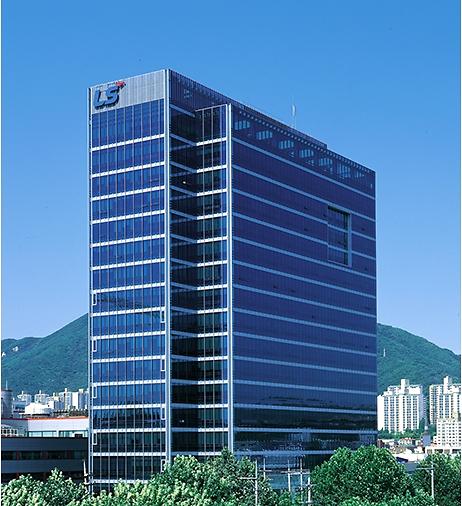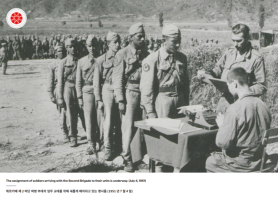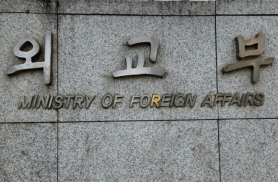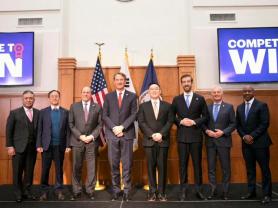
[Courtesy of LS Electric]
SEOUL -- Unused energy is wasted once it is used, but it can be utilized as useful energy resources. Among them, the potential utilization of unused energy from facilities that lower pressure before sending city gas to households is drawing attention in South Korea, which is limited in renewable energy sources.
LS Electric, a power system and automation company, teamed up with Doosan Fuel Cell, Hanwha asset Management and Hanwha Power Systems, an energy equipment company, to find a business model for recycling unused energy from city gas facilities. They reached a consensus that the waste pressure generated in the process of lowering city gas pressure can be recycled as unused energy.
LS Electric and its partners signed a memorandum of understanding on a project to install electricity generators by utilizing waste pressure from city gas pressure stations and supply heat sources from fuel cells to compensate for the drop in temperature.
LS Electric will try to find a fuel cell business model and oversee the project. Hanwha Power Systems is in charge of establishing a decompression power generation system while Doosan Fuel Cell will provide a fuel cell system. Hanwha Asset Management is responsible for financial support.
Renewable energy as an alternative to conventional fuel is an inevitable trend. There has been increasing interest in unused but possibly useful energy resources in South Korea.
A riverside convergence cluster will be built in the northeastern city of Chuncheon by 2027 to validate the effectiveness of hydrothermal energy. The temperature difference between surface water in different seasons can be used to heat or cool buildings. The heat extracted from canals or rivers can be stored in an aquifer thermal energy storage system.
Doosan Fuel Cell works with Korea Midland Power, a public energy company, to demonstrate a power generating system that creates electricity using residual heat generated by phosphoric acid fuel cells. They would apply an optimized organic Rankine cycle (ORC) model to a phosphoric acid fuel cell facility in the southwestern seaside city of Boryeong. ORC is a type of a turbogenerator that converts thermal energy to mechanical energy.
Copyright ⓒ Aju Press All rights reserved.



